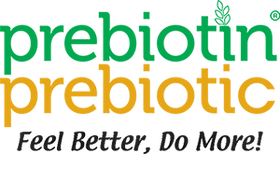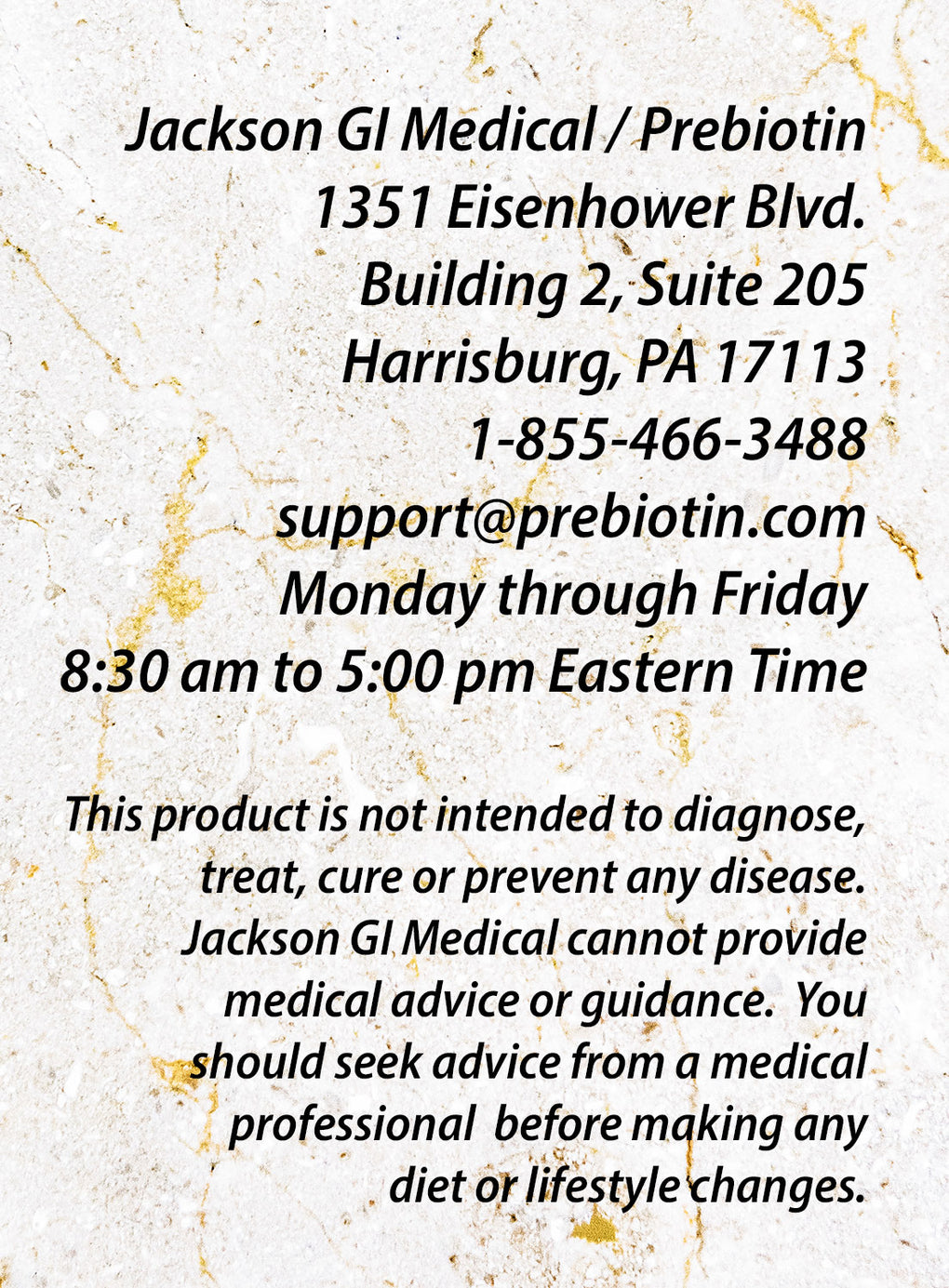
by Dr. Frank Jackson
Prebiotin Academy
Medical Concerns, Scientific Research and Diets
Cancer
Resources on this page:
CURRENT NEWS
Fecal microbiome samples showed significant differences in patients with melanoma compared with control subjects, as well as in those with early- and late-stage disease, according to a study. More evidence confirming the relevance of the gut as it impacts disease and the importance of good gut-health.
Read more about this topic:
"Could enhancing the gut microbiome impede disease progression in melanoma?"
by Rod Tucker for HospitalHealth.com on October 4, 2023
"Gut microbiome changes seen in later-stage melanoma"
by Rebecca Forland for Healio,com on September 24, 2023
Scientific Research
There have been many studies done to see if fiber in food can have an anticancer effect in the human body. There is little doubt that the western diet and lifestyle increase the risk of many cancers since societies such as those seen in rural Africa have very low incidences of many cancers. This study reviewed 9 studies done in humans and not animals. Two of the studies tested oligofructose-enriched inulin. While no specific cancer claims can be made, taking prebiotics did show positive effects.
Beneficial modulation of the gut microbiota
Short-chain fatty acids (SCFA) are the stars of the prebiotic story. These substances are made in copious amounts when the best colon bacteria are fed with prebiotics. One SCFA is called proportionate. It is made by the good colon bacteria and then slips into the blood and goes to the liver. A study with mice found SCFA to have a remarkable effect in preventing the growth of liver cancer cells.
In a more recent study, researchers found that consuming a high-fiber diet is associated with a more diverse gut microbiome and a better cancer immunotherapy response.
Gut microbiota-derived propionate reduces cancer cell proliferation in the liver
A recent article entitled, "The fire within: microbes inflame tumors", in the prestigious journal Cell again links detrimental changes in the gut microbiome to inflammation and then to cancer. While a cause and effect still remain to be determined, the link between dysbiosis of the gut and colon cancer is now stronger than ever.
In another study, researchers show that oligofructose-enriched inulin may provide benefits for patients undergoing radiotherapy.
Blogs

|
Why Prebiotics Might Help During & After Cancer TreatmentBy Anne Mercer Larson |
Breast Cancer Awareness & the Gut Microbiome: Fight Back with Food!By the Prebiotin Team |
 |
 |
Are You One? National Cancer Survivors DayBy Anne Mercer Larson |
Explore More
Medical Concerns, Scientific Research and Diets
-
Antibiotics and the Microbiome
-
C. Difficile
-
Calcium and Bone Density
-
Cancer
-
Celiac Disease and Gluten Intolerance
-
Children and Prebiotics
-
Colon Gas and Flatus
-
Colon Polyps and Cancer
-
Constipation
-
Crohn’s Disease
-
Diabetes Type 2
-
Diarrhea
-
Diverticulosis
-
Dysbiosis
-
End Stage Kidney Disease/Dialysis
-
Fatty Liver/Steatohepatitis
-
Fissure, Fistula and Abscess
-
Gut-Brain Connection
-
Heart and Cardiovascular
-
Hemorrhoids
-
High Fiber Diet
-
Immunity
-
Inflammatory Bowel Disease
-
Irritable Bowel Syndrome
-
Leaky Gut Syndrome
-
Low Fat Diet
-
Low Fiber Diet
-
Obesity and Weight Management
-
Toxins in the Colon
-
Ulcerative Colitis





